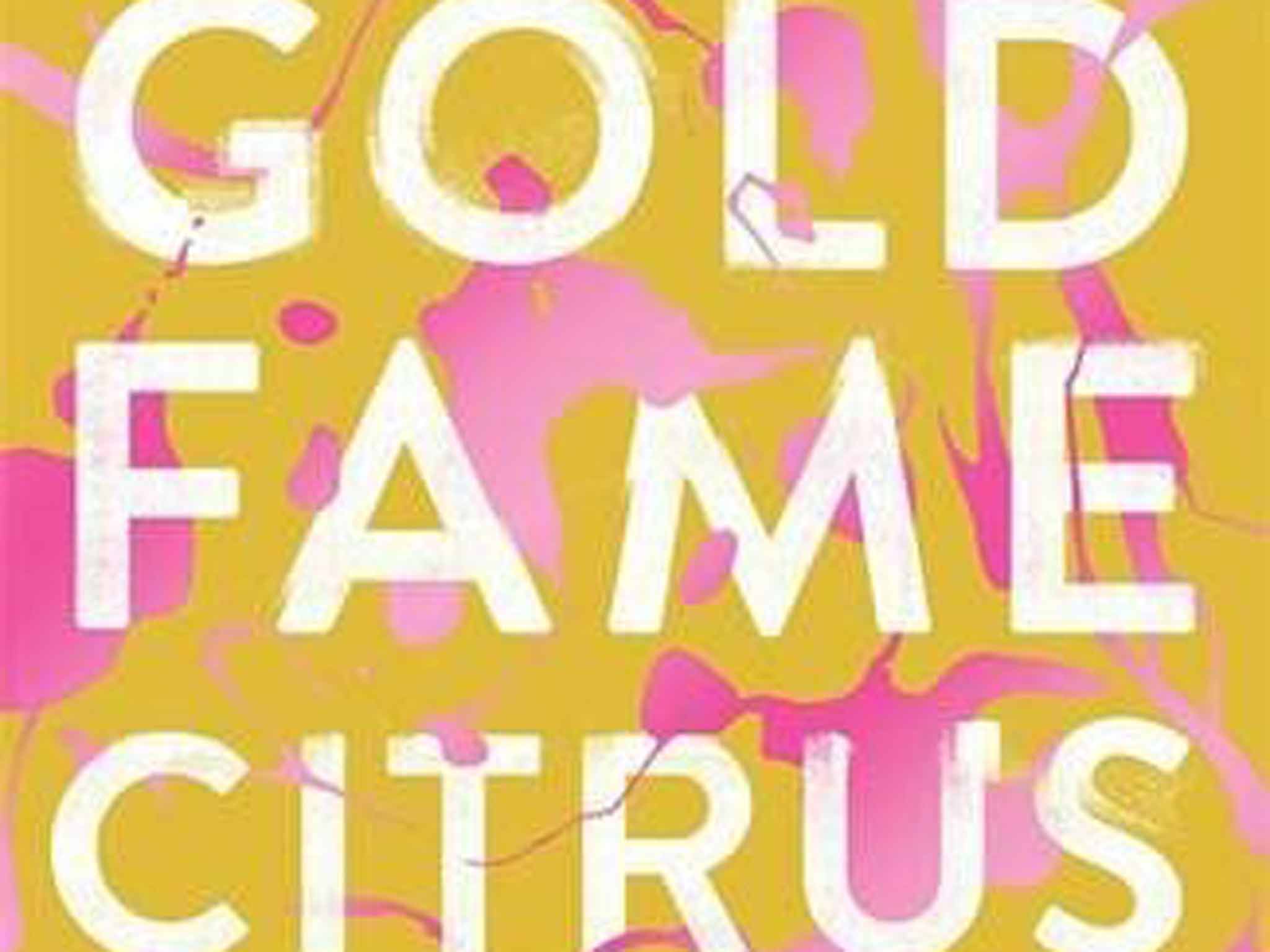Gold Fame Citrus, by Claire Vaye Watkins - book review: A fascinating portrait of dystopia in the desert
A powerful portrait of an apocalypse

America has always been a country of pioneers, a place where pilgrims or hucksters looked to start again. And, since the Gold Rush, California has been the place where they went to start it big. Lured by “gold, fame, citrus”, as a character in Claire Vaye Watkins' debut novel puts it, a phrase on which her book is a fascinating, dystopian fugue.
This is a California blasted by drought, the sun that nurtured the citrus turned sinister thanks in part to Californians' pursuit of luxury at the climate's expense. The Mojave Desert has become the Amargosa Dune Sea, swept by extreme winds over the south-west US, towards Los Angeles. Most south-westerners, or “Mojavs”, have left their homes, though there are rumours of a colony in the desert: “the ground zero of the eco-revolution”, or a survivalist outpost, “a garrison for the familiar cast of trigger-happy vigilantes scowling and squirting tobacco juice across the New Old West”, depending on whom you listen to.
Abused former model Luz and her boyfriend Ray are squatting in an unnamed starlet's deserted Hollywood villa. Ray attends to practicalities, siphoning gasoline from abandoned cars and procuring blueberries; Luz raids the starlet's library for books about American pioneers – Lewis and Clark, Mulholland. Foraging in town, they rescue a two year old girl called '“Ig” from a gang of Mojavs, and retracing the steps of those early pioneers, head east across the desert, hoping to build a new life together.
Luz and Ig are separated from Ray, but rescued by the fabled colony, which turns out to be a peripatetic commune, drawn to worship “at the foot of the dune”. Luz soon falls under the spell of its leader, Levi, a shady dowser and erstwhile Mormon. Ruling through a combination of charisma, sex, and, of course, his ability to find water, Levi reminds us how often the pilgrims of the American West have fallen victim to the hucksters.
Watkins' forbidding treatment of the West in her short-story collection, Battleborn, has been compared to Cormac McCarthy's, and like McCarthy, her desert landscapes are dense as well as barren, not just in the physical detail with which they're rendered, but the significance with which characters imbue them.
There is a Pynchonesque density, too, to Watkins' American dystopia. And yet it coheres, however messily, into a powerful portrait of an apocalypse less the result of external catastrophe, than familiar human failings.
Quercus £16.99. Order for £14.99 (free p&p) from the Independent Bookshop: 08430 600 030
Join our commenting forum
Join thought-provoking conversations, follow other Independent readers and see their replies
Comments